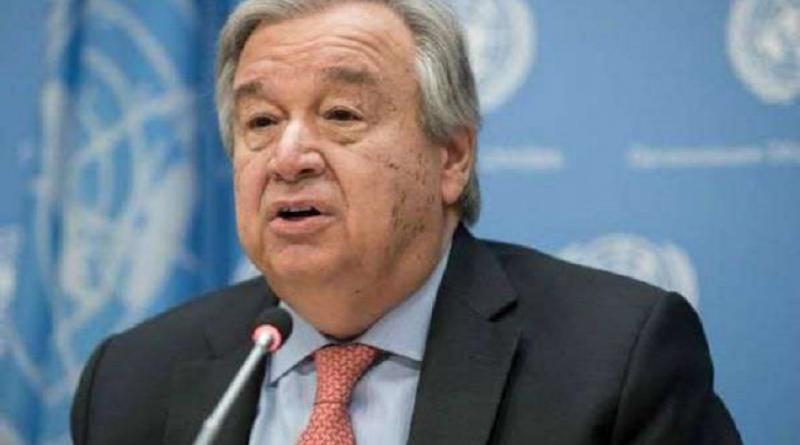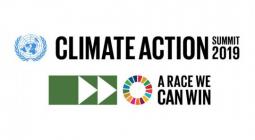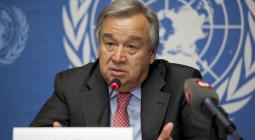UN calls on governments to ditch coal from their coronavirus recovery plans.

A sustainable future has no room for coal energy, the head of UN argues.
As the world starts thinking of the day after the coronavirus pandemic, the United Nations Secretary-General Antonio Guterres has asked countries to stop financing the coal industry in order to have a more sustainable future. So far, many seem to be missing the point, he warned.
“Coal has no place in Covid-19 recovery plans,” he said yesterday during an online summit hosted by the International Energy Agency (IEA). More than 40 government ministers from countries around the world participated in the conference, representing 80% of the global energy use and emissions.
The goal of the summit was to set out plans to reduce global emissions while also boosting economic recovery after the pandemic. Guterres praised a few countries and regions that are on the right track such as the EU, South Korea, Nigeria and Canada, but also questioned others that are doing the exact opposite.
“Some countries have used stimulus plans to prop up oil and gas companies that were already struggling financially. Others have chosen to jumpstart coal-fired power plants that don’t make financial or environmental sense,” the UN head said, claiming that since the pandemic started twice as much recovery money has been spent on fossil fuels as on clean energy.
That’s indeed the case. A report by 14 expert organization to be published next week found that between early this year and July 3, 2020, G20 countries have committed at least USD 135 billion to fossil fuels and at least USD 68 billion to clean energy in their stimulus and recovery packages.
Along with the IMF, the IEA released in June a blueprint calling governments to invest up to three trillion dollars in a green recovery after the pandemic. Failure to do so would repeat what happened after the 2008 economic crisis, when countries didn’t prioritize stimulus spending on climate-friendly projects and led to an increase in emissions.
Governments could renovate electricity grids, upgrade hydropower facilities, promote electric cars, and extend the life of nuclear power plants, the IEA and the IMF suggested. Doing so would cut 4.5 billion tones out of global greenhouse gas emissions by 2023 and put the world on a path to achieving the goals of the 2015 Paris Climate Agreement.
Guterres said as nations channel “trillions of dollars of taxpayers’ money into recovery strategies” they must invest in a more sustainable future. “We can invest in fossil fuels whose markets are volatile and whose emissions lead to lethal air pollution, or we can invest in renewable energy which is reliable, clean and economically smart,” he said.
Replying to the request for further action, Zhang Jinhua, director of China’s National Energy Administration, said the country, which accounts for more than 50% of global coal use today, is committed to developing its clean energy sector. Fatih Birol, executive director of the IEA, told CNN that he was “heartened” by China’s response.
10 July 2020
ZME SCIENCE




